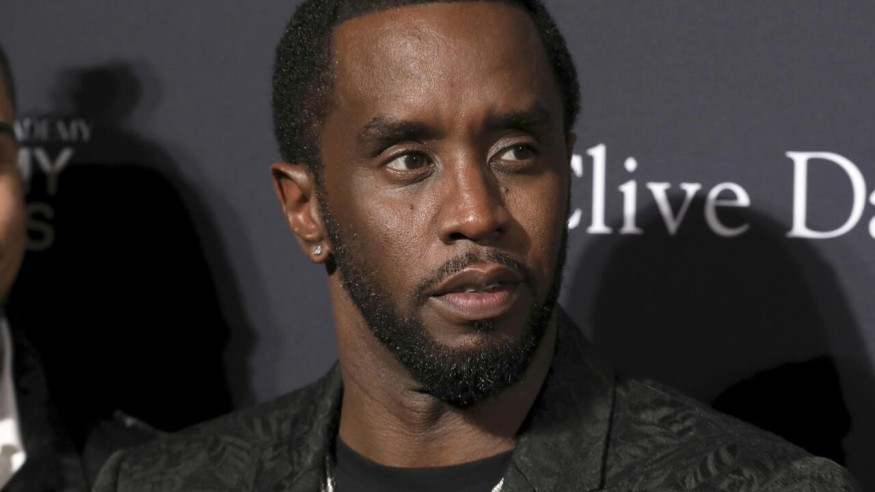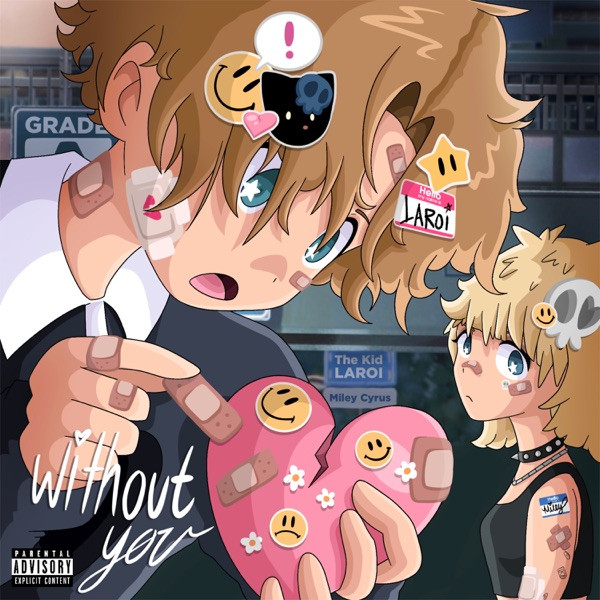
The rap mogul faces up to 20 years behind bars despite dodging life imprisonment on sex trafficking and racketeering charges
Sean “Diddy” Combs isn’t going anywhere—not yet. Days after a jury delivered a mixed verdict in his high-profile federal trial, the hip-hop icon remains locked up as a judge refused his release, pointing squarely to his past.
The courtroom fell into a tense hush as Judge Mark Epstein delivered his ruling. Despite Combs being cleared of the most explosive allegations—racketeering conspiracy and sex trafficking—Epstein argued that Combs’ documented history of domestic violence painted a troubling picture. The judge said this history left him with no confidence that the Bad Boy Records founder would respect the terms of bail, especially given his immense wealth and international connections.
Diddy, 55, had already narrowly sidestepped a life sentence when jurors acquitted him on the top charges after days of deliberations. But he wasn’t entirely vindicated. The jury found him guilty on two violations of the Mann Act, an early 20th-century statute that criminalizes transporting individuals across state lines for “immoral purposes.” Those convictions alone could carry up to 20 years in federal prison.
Inside the packed courtroom, family members who had erupted with joy at the initial acquittals watched their relief evaporate as the judge announced Combs would stay in custody until sentencing. His defense team had pleaded for his release, citing his lack of prior convictions and arguing he posed no threat to the community. But prosecutors pushed back hard, with U.S. Attorney Maureen Comey painting Combs as a “serial manipulator” whose history of abusive behavior and disregard for the law made him uniquely dangerous if allowed to walk free.
For Diddy, who once built an empire around the mantra “can’t stop, won’t stop,” the stakes are now painfully real. He faces years—if not decades—behind bars. Sentencing is set for later this year, and both sides are expected to wage a fierce battle over how much time, if any, he’ll ultimately serve.
Until then, the man who redefined hip-hop’s blueprint sits in a Brooklyn detention center, waiting for the next chapter of a saga that’s as much about power and downfall as it is about music.







